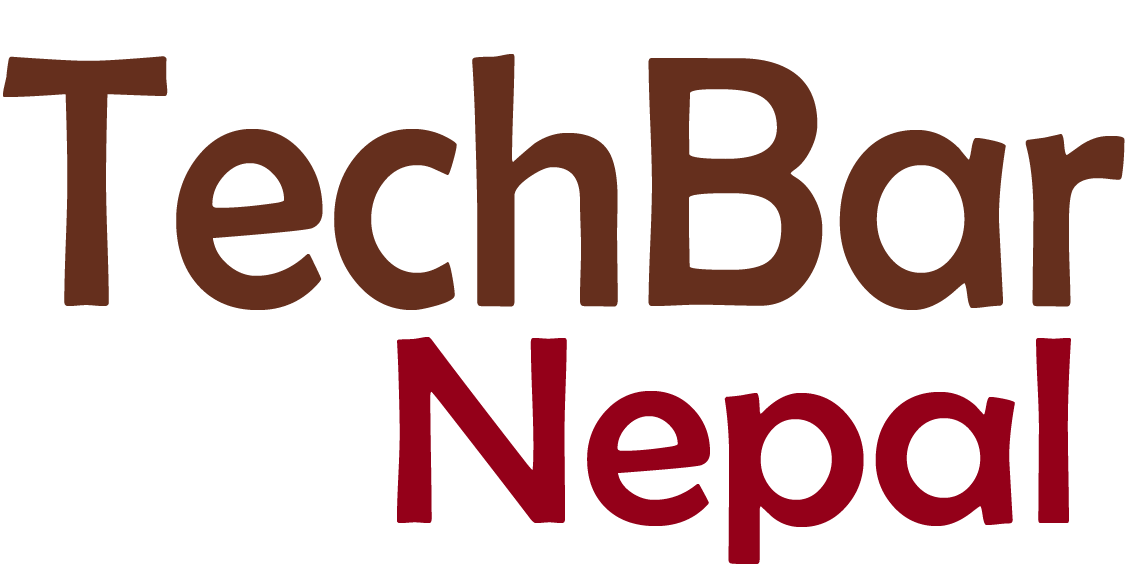Google is rolling out a new Search Generative Experience that uses generative AI to provide responses to open-ended queries. The AI-generated responses will also feature links to relevant web pages. The move is part of Google’s plan to reduce the steps needed for consumers to make decisions and encourage a broader set of queries, including creative ones.
The generative AI technology will also be integrated into Gmail and Google Photos, where it will be used to create draft messages and edit images. These features will be available to US consumers in the coming weeks, via a waitlist, while Google monitors the quality, speed, and cost of the search results.
Generative AI, which creates brand new content using past data, was popularized by OpenAI’s ChatGPT and is already integrated into Microsoft’s Bing search. Google aims to make the technology accessible to consumers, so they can use it to ask a broader range of queries.
The new Search Generative Experience looks and acts like the familiar empty search bar. However, it now features a new filter called “Perspectives” that highlights blogs, videos, and content from social media. The feature also includes image markup, making it easier for consumers to determine an image’s authenticity.
Users can still prompt a chat and press a button for a follow-up query. However, searches for news or navigation to a specific website will not generate a response from generative AI. Ads will remain an integral part of the experience, with Google getting paid only when there’s a click.
In addition to the Search Generative Experience, Google is also launching Bard, its own chatbot. Bard will be available in 180 countries and territories, with support for 40 languages. Behind Bard is a more powerful AI model called PaLM 2, which can solve tougher problems and draft better computer code. Google’s move into chatbots is part of a wider trend of companies using AI and natural language processing to improve customer service.
For the latest tech news, follow Techbar Nepal on Facebook, and Instagram.
For Digital Products and Services: Maurisys Software.



